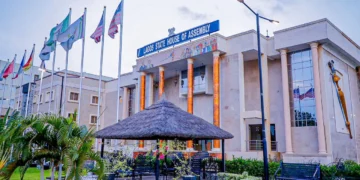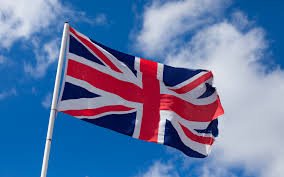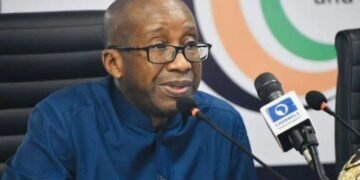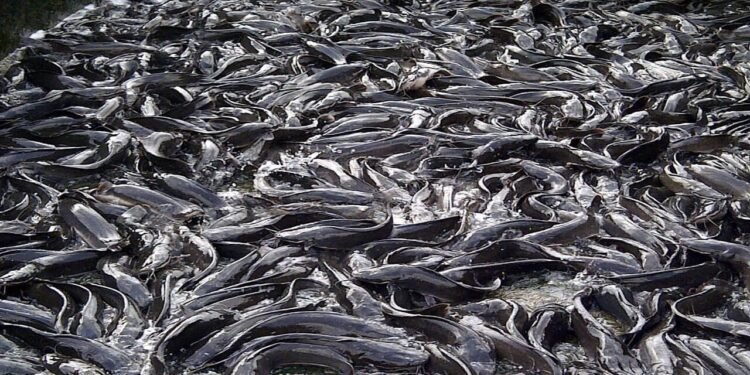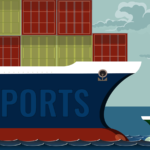The Minister of Agriculture and Rural Development, Alhaji Sabo Nanogo, recently declared in a stockfish seminar organized by the Norwegian Seafood Council that despite producing 1.123m metric tonnes of fish annually, Nigeria still has an annual fish deficit of 2.5m metric tonnes. This is because the annual domestic fish consumption stands currently at 3.6m metric tonnes.
The Minister made it clear that Nigeria remains open to investors within this sector inviting “trading partners and friendly nations like Norway to assist us with our backward integration process into commercial aquaculture and for Nigeria’s processed aquaculture product to gain access into international fish trade market”.
Looking at the above, one wonders what the Minister’s plans are as regards this backward integration. Is he inviting foreign investors solely for the agribusiness end in aquaculture or is he inviting them for the farming end? One would think that the processing is where his thoughts are going. This is because we have lots of fish farmers in Nigeria who are well trained and knowledgeable in the field but simply lack capacity to expand.
If he talks about the processing end, what foundations is the government putting in place to make the venture successful? Do we have the constancy of power supply to ensure that the target is met? Can they sincerely fund stakeholders on all needed machinery? If yes, how fast would that be? Or would they continue foot-dragging till the trainees lose focus on what they have been taught? Do we have the capacity to link up the entire value chain? How prepared is the FG to cushion eventualities like unionism which may affect the farm to fork transition?
Come to think of it, if smoking is our way of processing fish, are there no further ways of enhancing it in order to make it uniquely Nigerian? That could be a trademark in the offing. Yes. Many nations are known for things that are peculiarly theirs. Scandinavia turned adversity into advantage by harnessing the deep cold which allows fishes to gather into clusters under freezing snow ice, in order to warm themselves till winter is over. Norway, a Scandinavian country, started producing sardine and the likes. They shipped these in large quantities, earned foreign exchange and developed their country. We can do something in that neighbourhood. Since we are the No 1 fish producing nation in Africa, why can’t we standardize that medium of processing and storage and see what we make of it?
Bringing it down further, one would want to see what options can be generated from within. I was watching a program on NTA on Agriculture some day in 2020 and an interesting documentary was going on. It had to do with catfish cluster farming somewhere in Ondo State, around Ore, precisely. The arrangement started as a co-operative and now, it empowers the youth. It trains them and empowers them with a certain amount of money as loan. They mentor the youth who have received these loans till they could stand on their own and repay the loan. It was a wonderful experience watching that program.
In another independent research, I came to know that such catfish clusters exist somewhere near Asaba in Delta State. They gather investors, train them and mentor them till the fishes are sold. They have the off-takers; they have everything within the value chain.
The question is: is the honourable Minister aware of such establishments? If yes, is it not worthwhile to invest in such venture in the 36 states of the federation? When done, can this deficit not be reduce or totally obliterated? Must we bring in expatriates in everything? What happens to local content? This is fish farming and we have our men who know much about it. So, why the request for a synergy? Why not harness what is within? This looks like one step so misguided.
Azuka Edokobi is a Writer , a Farmer, a Supply Chain Expert and an Entrepreneur



